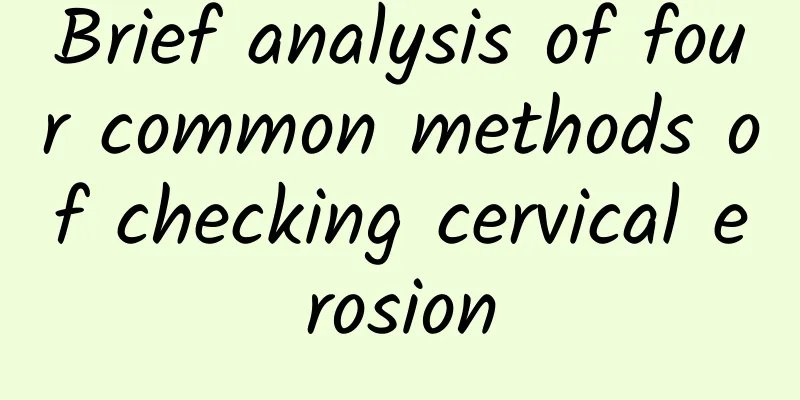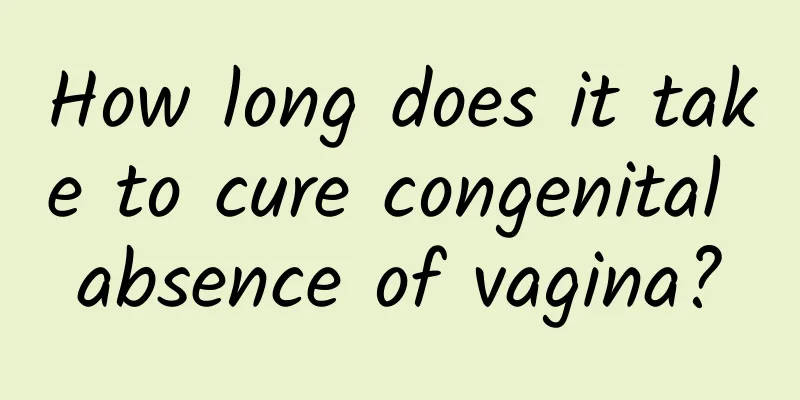What causes threatened miscarriage and how to treat it

|
Threatened abortion may be caused by genetic, environmental, physiological and pathological factors. Treatment focuses on preserving the pregnancy and correcting the underlying causes, and intervention must be performed under the guidance of a doctor. Genetic factors may be one of the root causes of threatened miscarriage, such as chromosomal abnormalities in the embryo, which account for the majority of cases. Environmental factors include long-term exposure to harmful substances, severe stress or high temperature exposure. Physiological factors may involve maternal endocrine disorders, such as luteal insufficiency or hypothyroidism, which can affect the development of the placenta and embryo. Pathological causes such as uterine malformations, cervical insufficiency or severe infections (such as toxoplasmosis) can also have an adverse effect on the duration of pregnancy. Regardless of the possibility, symptoms of threatened miscarriage such as vaginal bleeding or lower abdominal pain require prompt medical confirmation. Treatment measures are mainly aimed at preserving the fetus. Drug treatment includes the use of progesterone supplements (such as dydrogesterone) to correct luteal insufficiency, injection of human chorionic gonadotropin (HCG) to support pregnancy, and antibiotic treatment for infection. For patients with abnormal maternal hormone levels, reasonable regulation of thyroid function or blood sugar levels is also critical. Lifestyle adjustments are also very important. Bed rest, avoid heavy physical activities, keep a stable mentality, and avoid adverse environmental factors if necessary. To avoid the risk of miscarriage, pre-pregnancy check-ups are very important. Early screening for intrauterine malformations, infection risks and genetic factors can help you develop countermeasures. During pregnancy, you should take good care of your body and strengthen your nutrition, especially by taking foods containing folic acid and iron, such as lean meat and spinach, which can reduce the possibility of placental detachment. If any abnormalities occur, do not delay and consult a professional doctor as soon as possible to get a clear diagnosis and take active intervention. |
<<: The dangers of acute adnexitis
>>: What damage will happen to the uterus after miscarriage?
Recommend
How can pregnant women improve ovarian function? Eating 7 kinds of food can protect the ovaries
The ovaries play the role of ovulation. If you wa...
Treatment of uterine fibroids with Chinese herbal powder
Due to the family's poverty, in order to allo...
How to treat uterine fibroids? What are the commonly used treatments for uterine fibroids?
What are the treatments for uterine fibroids? 1. ...
Why does pelvic peritonitis recur?
The harm of pelvic peritonitis to women is mainly...
What should patients pay attention to before and after uterine fibroid surgery?
What should patients pay attention to before and ...
Clinically, patients rarely experience symptoms of painful ovarian cysts.
When women find themselves infertile, please do n...
Not only does stress cause gastrointestinal discomfort, but it can also cause stress-induced obesity! Chinese medicine doctor Liao Qianhui: 3 hawthorn fat-reducing teas to prevent obesity
Office workers are under tremendous pressure from...
What should I do if I have vaginal candidal infection?
What should I do if I have vaginal candidal infec...
How to regulate menopausal irregular menstruation? Women with irregular menstruation can try this to regulate it.
Women in menopause are also prone to irregular me...
Poria cocos and plantain porridge can consolidate the therapeutic effect of adnexitis
The treatment principle of adnexitis is based on ...
How much does scar pregnancy abortion cost
As more and more pregnant women choose cesarean s...
Does excessive menstrual blood clots indicate uterine fibroids?
Does excessive menstrual blood clots indicate ute...
What are the dangers of irregular menstruation in women?
Irregular menstruation has many harmful effects. ...
Easily slim and get curves! How to make Korean kimchi light meal
Tired of the same old bento lunch? It is actually...
How to prevent ectopic pregnancy in women?
For ectopic pregnancy, prevention is the most imp...









